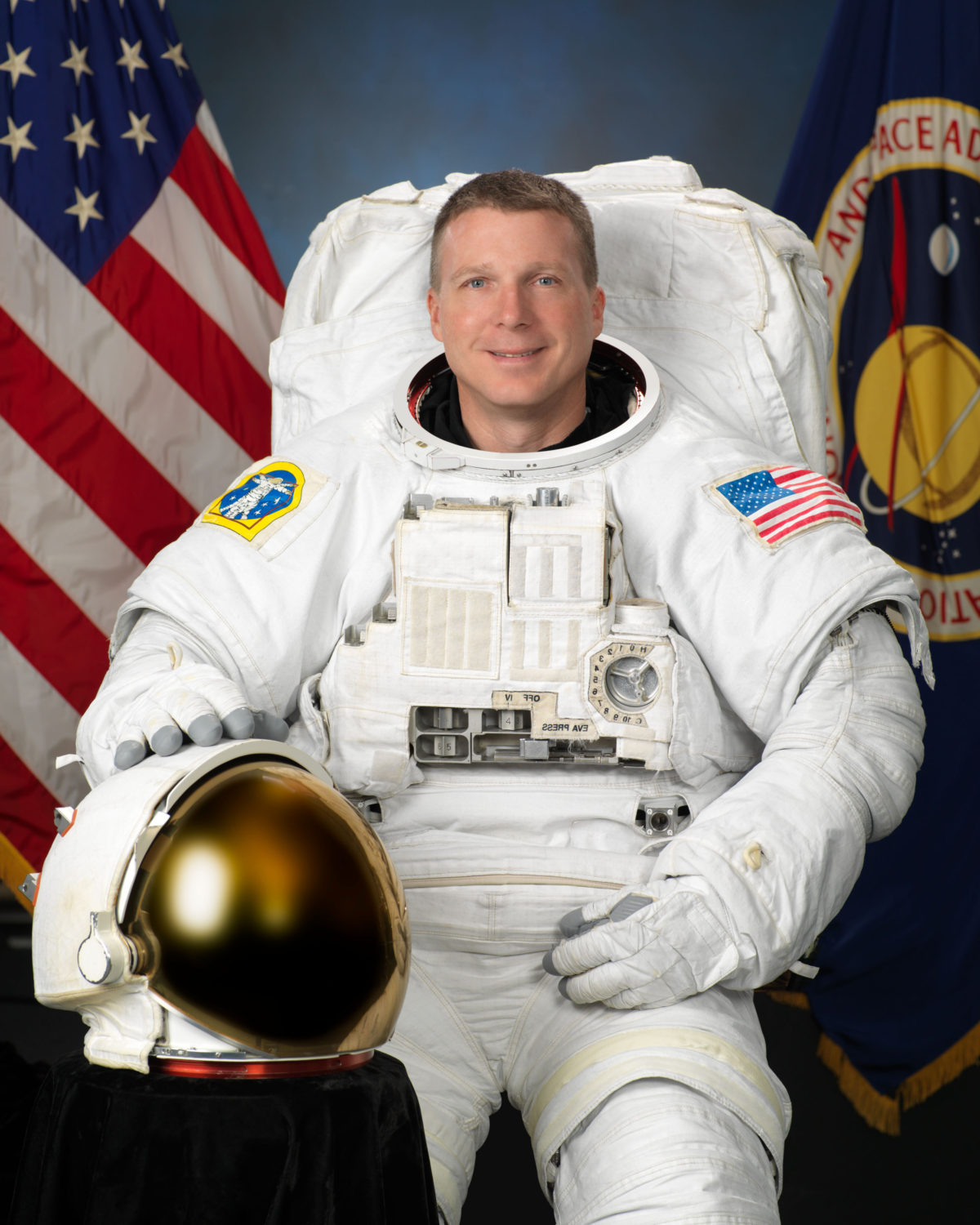 Mental Health Specialist, Workplace Safety, Stress and PTSD
Mental Health Specialist, Workplace Safety, Stress and PTSD
Matt Vogl is an internationally-recognized leader in the mental health field and an in-demand speaker about a variety of mental health related subjects. After earning degrees from Marquette and the University of Minnesota, Matt has spent nearly 30 years working to address our nation’s mental health crises, preventing suicide and combating stigma. He was one of the founders of the University of Colorado Depression Center which he ran until leaving to found the National Mental Health Innovation Center, which works closely with the tech industry to develop and test cutting-edge approaches to prevention and treatment using technologies such as apps and virtual reality. Matt is currently Chief Executive Officer and co-founder VXVY Mental Health, Inc.
Matt’s understanding of mental health is not just professional. As part of his commitment to reducing stigma, He talks candidly about his struggles with bipolar disorder, his suicide attempt twenty years ago and the challenges he has experienced as a patient trying to access quality and affordable care.
For over 30 years as a public speaker, Matt has lectured and given keynote addresses across the globe on a variety of mental health topics. Matt’s speaking on the subject includes lectures at Stanford University and Harvard Medical School, multiple keynote addresses at the World Conference on Virtuality Reality in Nanchang, China, keynote speaker for the American Craft Spirits Association, the National Alliance on Mental Illness (NAMI) gala in Juneau, AK, numerous corporate events and a widely-praised TEDx Talk.
Matt also worked as a professional comedian for over 15 years. As a comic, Matt was a weekend-regular at Denver’s famous Comedy Works where he worked with comedy legends like Dave Chappelle, Chelsea Handler and Norm MacDonald. Matt has performed at iconic venues including Red Rocks Amphitheater, Denver’s Oriental Theater, the Fox Theater in St. Louis, Denver ComiCon and the Wells Fargo Theater. Matt is the co-creator of the live comedy show Mile High Sci-Fi which ran for over twelve years in Denver.
By combining humor and professional expertise with his moving personal story, Matt is able to make tough topics like mental health more relatable and entertaining. Matt is able to create a custom talk that is tailored for each specific audience; guaranteeing that his words will connect and inspire. Past topics include:
- Solving The Global Mental Health Crisis
- Creating a Culture of Innovation
- Mental Health Solutions for Businesses
- Employee Self-Care
- Technology and Mental Health
- Custom mental health / technology talks for any group or industry
“In an industry plagued with mental health issues, the message Matt was able to get across hit home with a lot of people and was a perfect call for change in our organization and many other’s in the room. The way he uses humor to make a tough topic more accessible is amazing.”
Rob Masters
Board Member, American Craft Spirits Association
“Matt was one of the best speakers we’ve ever had in Juneau – not just our organization; the whole city. People are still buzzing about your talk. You were hilarious and at the same time delivered a powerful and personal message. It is easy to see why everyone wanted you up here a second time.”
Aaron Surma
Executive Director, NAMI Alaska
“Matt is hands-down the best speaker we’ve ever had at an ACSA convention. By adding comedy, his powerful talk engaged people in these issues without being a downer on the convention.”
Paul Htleko
Board Member, American Craft Spirits Association
“Mr. Vogl has been a keynote speaker at the World Conference on Virtual Reality Industry in Nanchang China for three years. Everyone was impressed with his command of the subject and his evaluation scores were consistently among the highest for the entire conference.”
Dr. Louie Lv
WCVRI Conference Co-Chair
The importance of maintaining positive mental health and reducing stress in the workplace is well-established. Untreated/undertreated mental health issues cost employers in the US over $100 billion every year through absenteeism, presenteeism, lost productivity, increased health care costs and employee turnover. Savvy employers are taking steps to reduce worker stress, lessen the stigma that keeps many employees from seeking help for their conditions, and expanding access to clinical services for those who need it. The return on investment for these kinds of actions is proven.
But issues related to mental health and stress are often overlooked when discussing worker safety, especially in the manufacturing sector. Research has shown that stress, anxiety and depression can all lead to increased fatigue and a reduced ability to focus on routine tasks. This can lead to lower productivity for all workers, but for workers in jobs that require them to operate heavy machinery, work on factory floors or in dangerous settings like construction sites, the impact can be deadly. Fatigued and distracted workers are more likely to be victims of costly accidents, but most are returned to their positions as soon as their physical wounds heal, with no attention paid to the underlying stress/mental health issues that were at the root of the accident.
There is an opportunity for employers to rethink their strategies around safety and mental health. Rather than relegating issues related to mental health to human resources, as is often the case, employers should consider ways to integrate mental health/stress into their safety plans in order to promote safety and lessen the financial burden brought about by stress-related workplace injuries.
While Matt’s work and vision for a mentally healthy world is serious, he is wickedly funny. Exactly what you might expect from a guy who performed stand-up comedy for over 15 years.
Matt lives in the Denver metro area and travels around the country to make a difference in how organizations and people think about mental health.
Invite Matt to your next conference or training event!
Email us today or call (303) 478-6652


